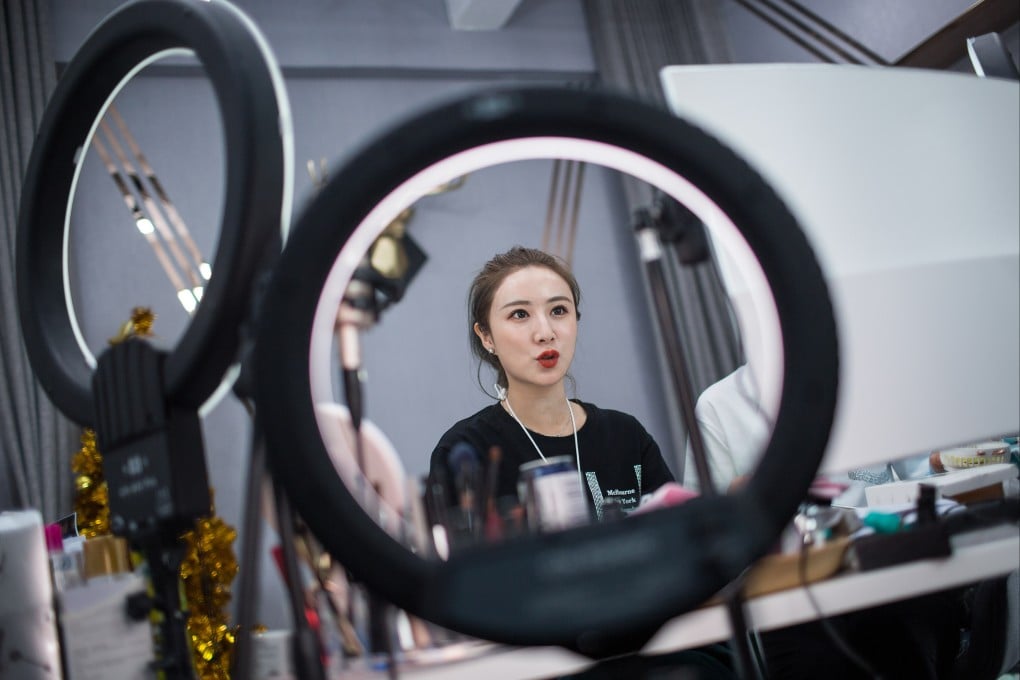Unmerry Christmas for China’s live-streaming stars rushing to repay taxes after Viya incident
- E-commerce live-streamers across the country are rushing to report underpaid taxes after authorities dealt a record fine on top influencer Viya
- Recent cases showcase the government’s determination to crack down on tax avoidance – a common practice in the industry

Tax bureaus of 20 provinces and municipalities – including Beijing, Shanghai, Guangdong, Jiangsu and Zhejiang –are granting people in the same business as Viya a grace period to pay past-due taxes in return for lighter or waived penalties. Offenders who fail to report themselves by the end of the year risk heavy punishment, authorities said.
Since September, at least 1,000 e-commerce live-streamers have contacted tax authorities around the country to report additional taxes and plead for leniency, the official Xinhua news agency reported.
One influencer in Zhejiang province, who has been billing “tens of millions of yuan” of commission fees as corporate income instead of personal income, got in touch with the local tax authority to inquire about the amount she owes the day after Viya’s case came to light, said a business partner of the influencer, who declined to be identified.
China’s maximum tax rate on personal income is 45 per cent, compared to 25 per cent for corporate income. The system has led many influencers, such as Viya, to register multiple businesses to bill personal income as corporate revenues. Many also created shell companies in regions that offer tax holidays or low tax rates. In the case of Viya, she registered a few vehicles in Chongming, a Shanghai suburb that offers tax breaks.
Influencers with huge commission revenues often hire third-party agencies to deploy various strategies to keep their taxes low. Less famous live-streaming hosts, whose incomes are hard to tax because they consist mostly of tips from fans, often under-report their earnings.
Tax avoidance is almost universal in the country’s live-streaming business because authorities had largely turned a blind eye until recently, according to Zhang Xue, a tax accountant using a pseudonym, who helped small merchants with tax planning.
